"I Searched for Songs, Found Faith": The Singer Who Sought Truth Since Age 5
For years, Omri Ben Akiva traveled the world writing and composing songs, searching for the Creator. What happened in a restaurant in India that sparked his thoughts? Who were the people that helped him along the way? And how is it that the very songs he wrote ultimately guided him to the right path? A candid and fascinating interview.
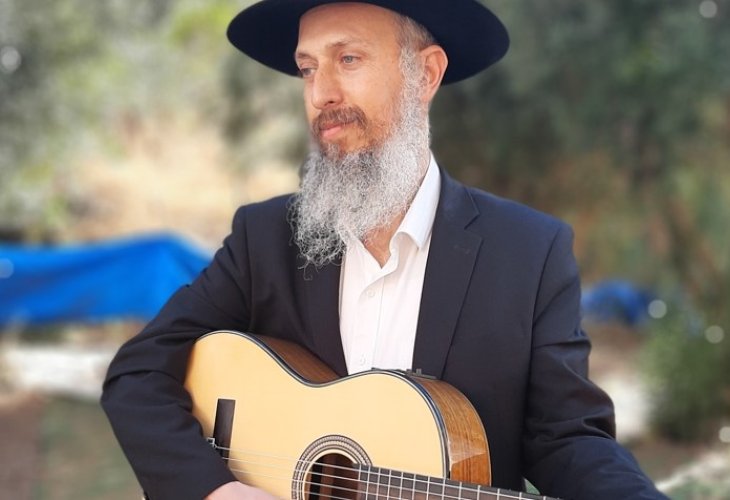
"I've been writing, composing, and singing for decades, yet only now at the age of 42 am I releasing my debut album for the first time," Omri Ben Akiva says, visibly excited. It's not just the professional and invested album being released these days, but also the fact that this album brings with it his life story—a story of spiritual strengthening and closeness to the Creator, with a surprising conclusion and much divine assistance.
"When I'm asked about my story of repentance, I always point to the first song on the album called 'A New Voice'," he notes. "It's a song that tells of a different type of returnees to faith, those who might shine less brightly but are not necessarily less precious. Not every story of return involves an extreme case or a pivotal event or an incredible miracle. My story may be simple, but for that very reason, I see so much divine providence in it that it's impossible not to be touched by it."
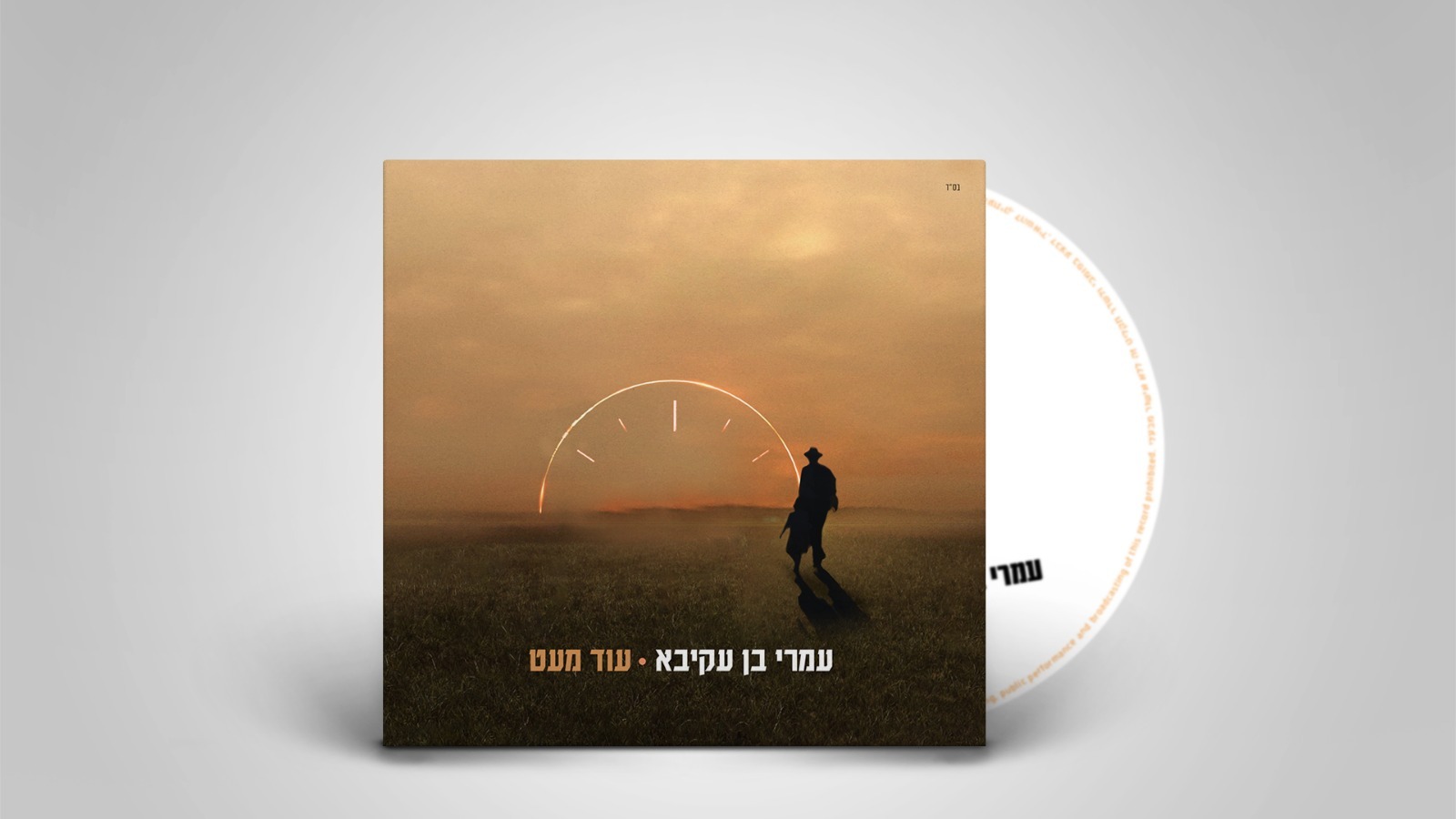
Searching to the Edge of the World
The first instance Omri remembers feeling the presence of a higher power in his life was already at age five. "I was with my brother at an amusement park and we had five shekels left to ride the bumper cars," he recalls, "My brother let me ride, but in my heart, I felt uneasy that my brother wouldn't enjoy it, and it was the first time I prayed to the Creator, without words: 'I want to find another five shekels so my brother can also enjoy...' A moment later, I saw a five-shekel coin on the ground. I remember the amazing feeling, knowing there was someone who was listening to me and understood me.
"Many years have passed since then, and occasionally, I had more flashes where I felt someone was watching over me from above. It's not that I grew up in a very distant home—on the contrary, we observed Shabbat, but only partially. I also wore tefillin at my bar mitzvah, but I didn't continue afterward. I only did what I felt was essential, and I neglected a large portion of the mitzvot. In the army, I felt completely disconnected and had many questions, though I came from the assumption that there was some supreme force that created the world, but I couldn't understand the connection between its existence and the fact that observing the Torah and mitzvot is part of its will. Thus, I continued to ask myself questions about the meaning of life and the purpose of humanity and creation."
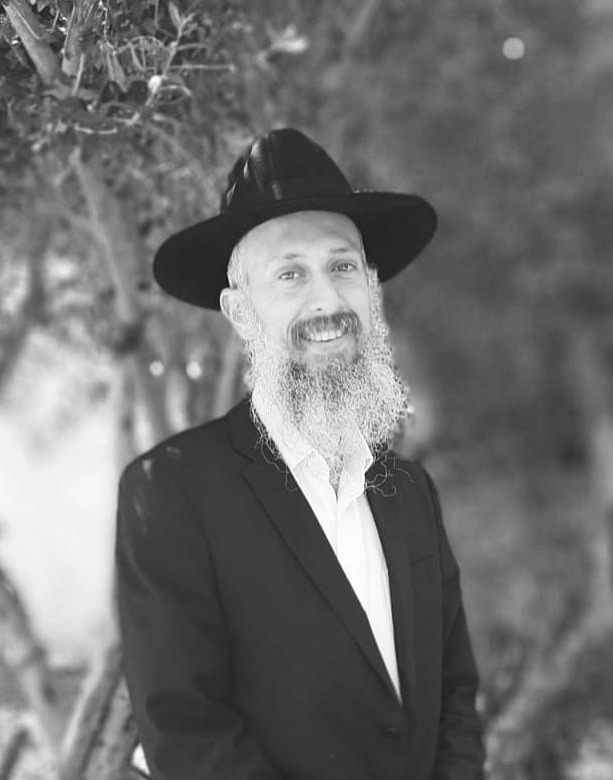
After the army, Omri embarked on a journey to India, which was, for him, life-altering and transformative. "Throughout the trip, I found myself at the center of the social circle. But ultimately, every conversation and encounter led to me asking those around me questions about faith and purpose. Today, looking back, I realize I had a strong desire for someone to convince me there was no Creator, so I could finally be free of the existential question that hovered over me from a young age, and finally live peacefully like everyone else."
But he didn't find anyone to convince him of that, and even more so, faith kept meeting him again and again throughout the journey, in small and big moments.
"I remember traveling on a long bus ride with a driver about 20 years old, my friends slept through the entire trip, while I stared out the window and saw a deep valley to the right and a huge cliff to the left. For eight hours, I thought that if we reached our destination, it would surely prove there was a higher power watching over us. Overall, throughout the trip, I experienced a process of contemplation in peace, undisturbed by the hustle and bustle of life. It made me understand what really prevented me from approaching. I realized the problem is that we are in a world in constant motion, we too are running, rushing, and we lack the time to contemplate creation and thus acknowledge the Creator. There, I finally reached the consciousness that indeed there is a higher power, but its connection to religion was still unclear to me. In other words—I'd pretty much returned to the starting point."
Alone with Thoughts
Omri remembers sitting in a restaurant in India with some Israeli friends and a few foreigners, while everyone was enjoying their meals. "Everyone was eating meat, chicken, and other offerings from the menu, and I was the only one sticking to vegetables and eggs. Of course, now I know that even that is not 'observant,' but then I thought it was alright. The foreigners dining with us were curious about why I didn't touch the meat dishes. I tried to explain to them in English what a 'kosher' animal is, and the signs of purity—hoofed, chewing cud, and so on. They mostly found it amusing. They tried to ask me questions about it, and I had no idea how to respond. I don't know why, but their questions kept gnawing at me throughout the trip, and even after I returned to my country. I felt that I wanted to understand the reason for observing kosher, not just doing it because everyone else did. I searched for answers and couldn't find them."
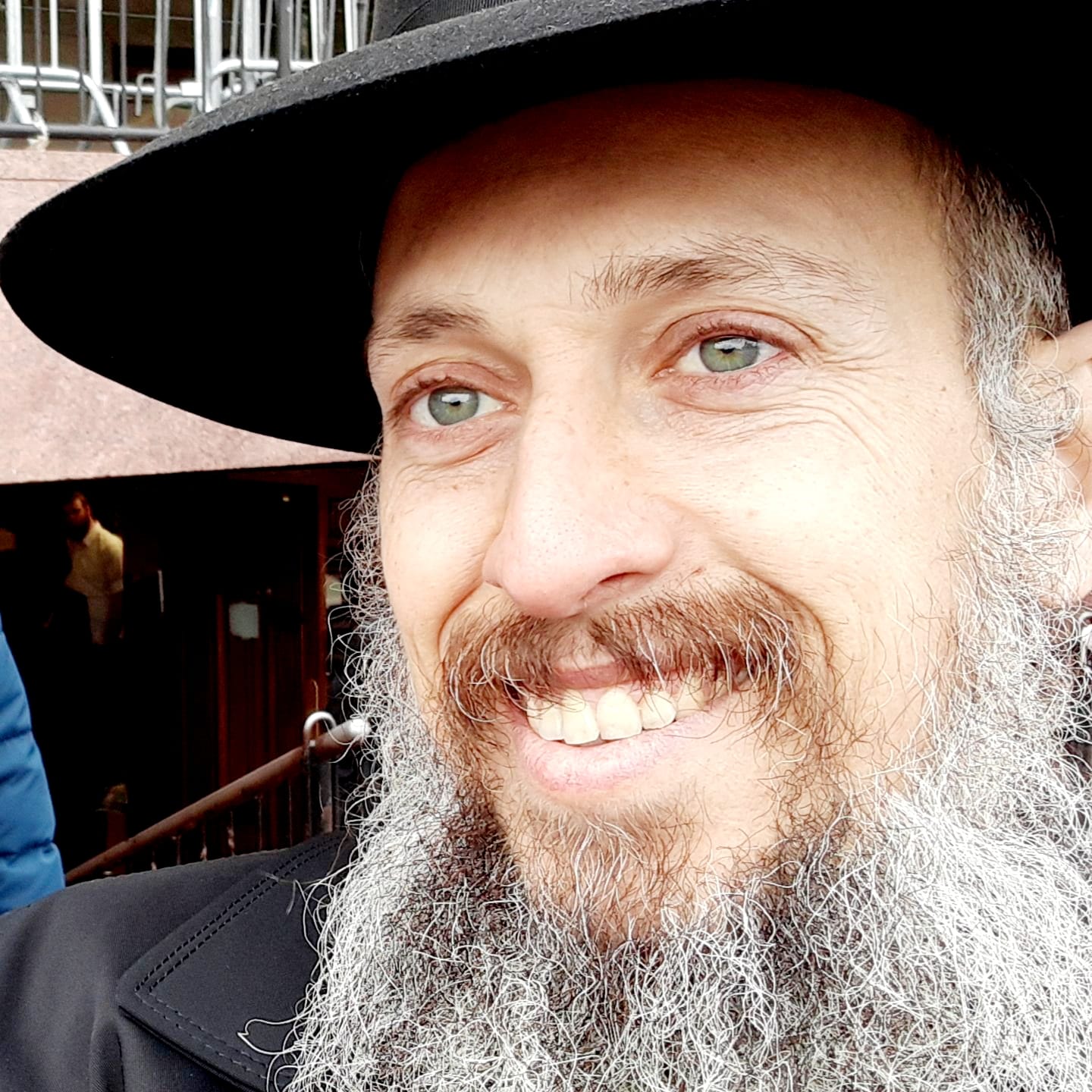
How did you feel with all these doubts?
"I felt emptiness and great sadness. The only thing that helped me throughout the years was the music and songs I created. In fact, for as long as I can remember, I have sung, written songs, and composed. Through the songs, I always tried to share with others the doubts I had and to capture insights about life through capsules of words and songs. So, I'd wander with the guitar and create songs upon songs, always dreaming of releasing them in an album and ultimately shelving the idea. Only now, with the new album from songs some of which underwent a significant transformation from secular to sacred, I understand how, with divine providence, Hashem prevented me from releasing those songs earlier. They simply wouldn't have served their purpose."
Even back in Israel, Omri continued to feel the emptiness and sadness. "I kept groping around, trying to find someone who would enlighten me, and then I met a young Chabad emissary I knew from India—Baruch Makmal, of blessed memory. We became friends, and I felt comfortable sharing my feelings with him. In response, he recommended that I start putting on tefillin and claimed that doing so would help settle my mind and give me an opening of holiness. I decided to give it a try."
From that moment, as Omri points out, the gates of prayer opened for him, and he connected deeply to the faith within him. "I can't explain the transformation I experienced, but thanks to the tefillin, I felt I was connecting more to the words in the prayer book, I suddenly managed to pray, the faith simply emerged by itself."
A while later, he learned that a good friend who was on the trip with him and had returned afterwards had embraced religious observance. "I spoke with him, and he invited me to spend a Shabbat at the Chabad yeshiva he was studying at in Ramat Aviv. It took me a while to gather the courage to go to the yeshiva, but eventually, it happened, and I accepted the invitation."
A Journey of Melodies
To this day, Omri remembers his first Shabbat at the yeshiva. "It was Parashat Shemini, I went to immerse in the mikveh with all the students, and before the Mincha prayer, we heard a lecture on the essence of a kosher animal according to Chassidic teachings.
"I felt I was trembling," he recalls, "It was truly divine providence—the first time I took concrete action to approach God, and here I received an answer to the question that lingered in my mind throughout the entire trip and was posed to me by non-Jews.
"Overall, I experienced an especially powerful Shabbat, and I met people at the yeshiva with whom I felt a deep connection just from our exchanges of looks. I began to understand that there were people here in different stages of repentance who felt exactly like me, and we were all engaged in a similar process of searching for the truth, with a simple intention of openness and a desire to understand the purpose of our existence."
On the concluding night of that Shabbat, he made his first commitment—daily study of Tanya, Chumash, and Tehillim. A year later, the unimaginable happened when he returned to the same yeshiva, this time as a regular student. "I was also granted special permission to play the guitar for an hour a day," he recalls with a smile, "But I soon realized that my original songs couldn't remain as they were written, so I transformed them all—from secular to sacred. Now, in the debut album, I'm releasing two songs from that period—'A New Voice' and 'Who's Knocking at the Door'.
Omri is now 42, married, and a father of six children. Ever since getting married, he has lived in Tiberias and works in various ways to strengthen the community in the city. About six years ago, he established a yeshiva in Tiberias, which he manages to this day, while continuing to compose, write, and sing in his other capacity.
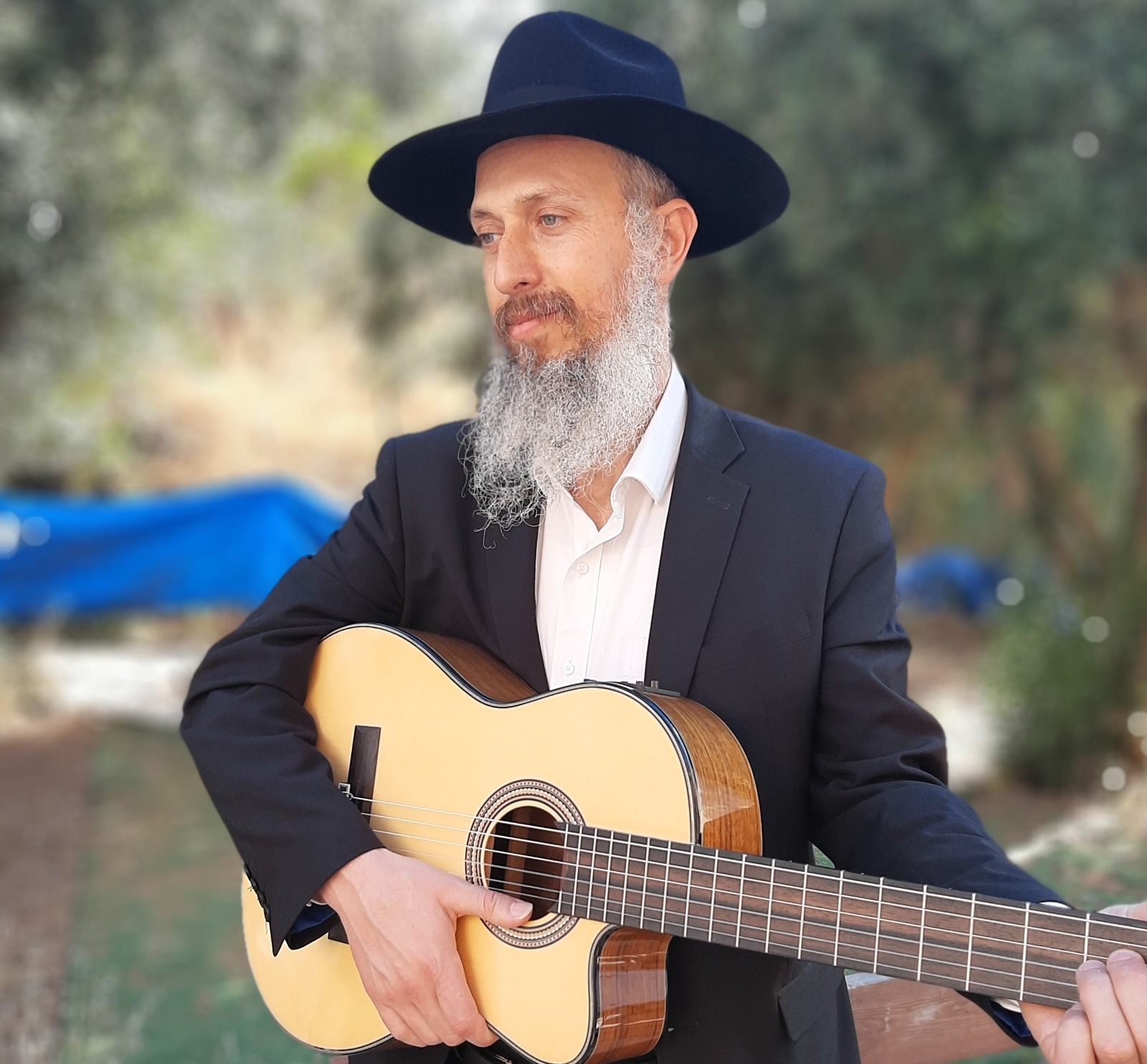
What made you decide to release an album now?
"I always knew I would release an album, but there were always more important things, like outreach and education efforts. Additionally, I hesitated about whether the desire to publish my songs came from a place of 'listen to and see me' or truly from an internal sense of mission that I felt obligated to. This reflection lasted for years. The turning point occurred when I saw a response to Shuli Rand, where someone wrote that they began observing Shabbat thanks to one of his songs, and I noticed how other creators were coming out with deep messages.
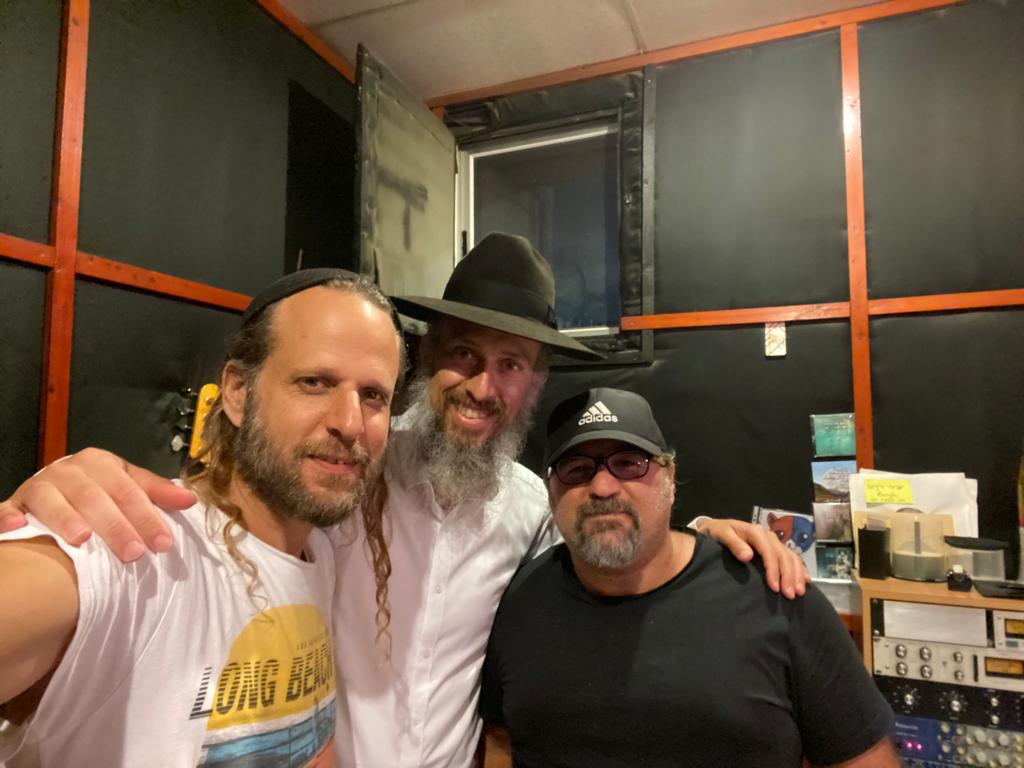 With Shmuelik Daniel and Amit Yitzhak
With Shmuelik Daniel and Amit Yitzhak"Then everything resurfaced," he says, "Suddenly the writing, the melodies, the guitar, and the songs connected. Simultaneously, my reflection with myself reached its conclusion. In a joint decision with my wife, we concluded that we had arrived at the right moment to move forward. Naturally, it didn't happen overnight but took a process, together with the talented producer Shmuelik Daniel, with whom we developed a wonderful connection, thank God. We set out on this journey with a special and exciting atmosphere and some of the best musicians. Additionally, I also launched a captivating solo performance—a combination of open dialogue with songs, culminating in a full performance with a full band.
"I feel that not only have my songs undergone a journey," he says in conclusion, "but I've also experienced a long and challenging path, with so many insights. I'm glad to share them in my songs and in my debut album. Hopefully, they will influence everyone for the better, at least as much as they've influenced me."

